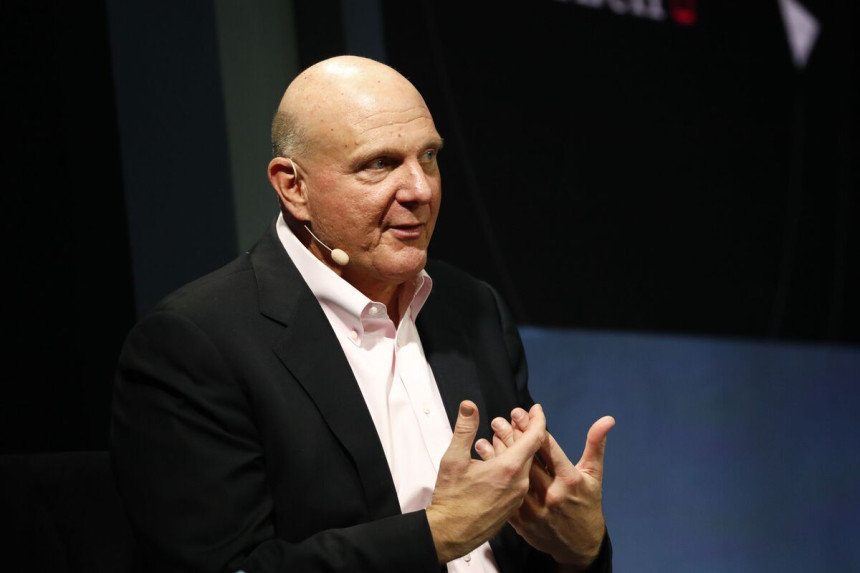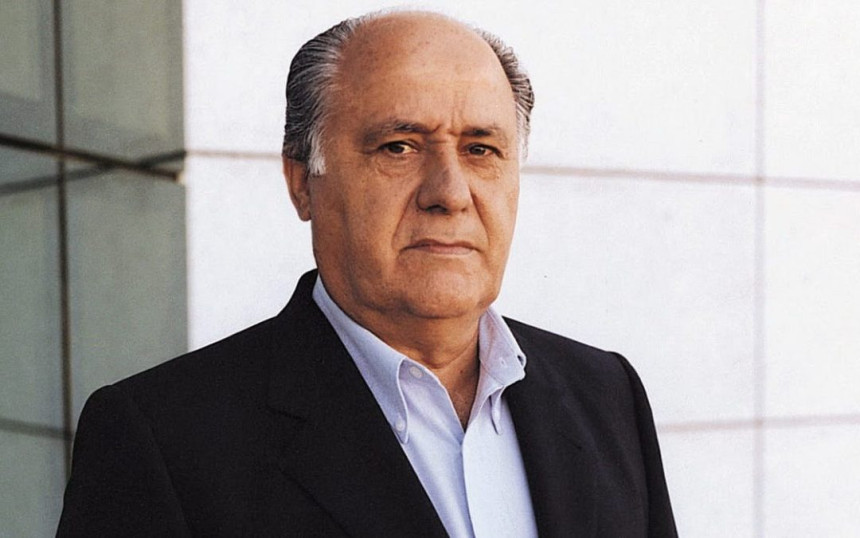
Steve Ballmer Net Worth and Success Story
Steven Anthony Ballmer was born on March 24, 1956, in Detroit, Michigan. He grew up in a middle-class family; his father was a Swiss immigrant who worked as a manager at the Ford Motor Company, and his mother was a Jewish American. Ballmer exhibited exceptional academic talents from an early age and was known for his competitive nature and leadership abilities. He attended Detroit Country Day School, where he excelled in both academics and athletics. After graduating as valedictorian, Ballmer enrolled at Harvard University in 1973. At Harvard, he lived down the hall from Bill Gates, who would later become a pivotal figure in his life. Ballmer was involved in various activities, including managing the football team and working on the Harvard Crimson newspaper. He graduated magna cum laude in 1977 with a degree in applied mathematics and economics.
Early Career and Joining Microsoft
After Harvard, Ballmer worked for two years at Procter & Gamble as an assistant product manager. Despite his success there, he yearned for a more dynamic and impactful role in the burgeoning tech industry. In 1980, Bill Gates, who had left Harvard to start Microsoft, convinced Ballmer to join his company. Ballmer became Microsoft’s 30th employee and its first business manager, marking the beginning of a career that would span more than three decades.
Rise Through the Ranks at Microsoft
Ballmer's initial role at Microsoft was to manage the company's operations and oversee financial matters, allowing Gates to focus on technology and product development. Ballmer quickly demonstrated his leadership and business acumen, playing a crucial role in Microsoft's rapid growth.
In 1981, Microsoft reorganized as a corporation, and Ballmer was given a share of the company, which marked the start of his significant financial stake in Microsoft. He became the vice president of operations in 1983, overseeing the company’s daily business functions and helping to lay the groundwork for its future success.
Key Contributions and Milestones
Windows Operating SystemOne of Ballmer's significant contributions was his involvement in the development and marketing of the Windows operating system. Launched in 1985, Windows faced initial skepticism but eventually became the dominant operating system for personal computers. Ballmer's strategic vision and relentless marketing efforts were instrumental in establishing Windows as the cornerstone of Microsoft's business.
Office SuiteBallmer also played a pivotal role in the development and success of Microsoft Office, a suite of productivity applications including Word, Excel, and PowerPoint. Launched in the late 1980s and early 1990s, Microsoft Office became the standard for business productivity software, further solidifying Microsoft's dominance in the software industry.
Becoming CEO
In January 2000, Steve Ballmer was named CEO of Microsoft, succeeding Bill Gates, who shifted his focus to technology and product development as chief software architect. Ballmer took the helm during a challenging period, as Microsoft was facing intense competition and regulatory scrutiny.
Navigating Legal ChallengesOne of Ballmer's first major challenges as CEO was navigating the antitrust case brought against Microsoft by the U.S. Department of Justice. The case centered on allegations that Microsoft had engaged in anti-competitive practices to maintain its monopoly in the PC operating system market. In 2001, Microsoft reached a settlement with the DOJ, agreeing to various restrictions on its business practices.
Expanding into New MarketsUnder Ballmer's leadership, Microsoft expanded into new markets and diversified its product offerings. He oversaw the launch of several key products, including:
- Xbox: Launched in 2001, the Xbox gaming console marked Microsoft's entry into the gaming industry. The Xbox, and later the Xbox 360, became major players in the console market, competing with Sony's PlayStation and Nintendo's offerings.
- Azure: Recognizing the potential of cloud computing, Ballmer spearheaded the development of Microsoft Azure, a cloud computing platform that has since become a core part of Microsoft's business.
- Office 365: Transitioning Microsoft Office to a subscription-based model, Office 365 was launched in 2011. This move allowed Microsoft to generate recurring revenue and adapt to the changing landscape of software consumption.
Challenges and Criticisms
Despite his many successes, Ballmer's tenure as CEO was not without its challenges and criticisms. Microsoft struggled to compete in the mobile phone market, with its Windows Phone platform failing to gain significant traction against Apple's iOS and Google's Android. Additionally, the company faced criticism for its slow response to the rise of smartphones and tablets, markets that were revolutionizing the tech industry.
The launch of Windows Vista in 2007 was another notable setback. The operating system was plagued by performance issues and received mixed reviews, leading to a negative impact on Microsoft's reputation. However, Ballmer and his team quickly addressed these issues with the release of Windows 7 in 2009, which was well-received and helped restore the company's standing.
Stepping Down and Legacy
In 2013, Ballmer announced his decision to step down as CEO of Microsoft, ending a 14-year tenure. He was succeeded by Satya Nadella in February 2014. Under Ballmer's leadership, Microsoft had grown significantly, with annual revenue increasing from $25 billion to $78 billion, and the company's workforce expanding from 39,000 to 100,000 employees.
Ballmer's tenure as CEO was marked by his passionate and energetic leadership style. He was known for his enthusiastic and sometimes intense public appearances, which earned him both admiration and criticism. Despite the challenges, Ballmer's contributions to Microsoft's growth and diversification are undeniable.
Post-Microsoft Ventures
After leaving Microsoft, Ballmer turned his attention to other ventures and interests. In 2014, he purchased the Los Angeles Clippers, an NBA basketball team, for $2 billion. His ownership has been characterized by significant investments in the team's infrastructure and fan experience, as well as a commitment to community engagement.
Ballmer has also focused on philanthropy through the Ballmer Group, an organization he co-founded with his wife, Connie Ballmer. The Ballmer Group is dedicated to improving economic mobility for children and families in the United States, with a focus on areas such as education, health, and housing.

Net Worth
As of 2024, Steve Ballmer's net worth is estimated to be around $115 billion, making him one of the wealthiest individuals in the world. The majority of his wealth comes from his extensive holdings in Microsoft, where he still owns a substantial number of shares. His investment in the Los Angeles Clippers and various other ventures have also contributed to his wealth.
Legacy and Influence
Steve Ballmer's legacy is multifaceted. He played a crucial role in shaping Microsoft's growth and success, contributing to the development of some of the company's most important products and navigating it through challenging times. His leadership helped establish Microsoft as a dominant force in the tech industry.
Ballmer's influence extends beyond his business achievements. He is known for his philanthropic efforts and commitment to improving economic mobility and social equity. His work with the Ballmer Group reflects his dedication to making a positive impact on society and addressing systemic challenges.
Conclusion
Steve Ballmer's journey from a Harvard graduate to the CEO of one of the world's most influential technology companies is a testament to his vision, determination, and leadership. His contributions to Microsoft's success and his ongoing efforts in philanthropy and community engagement highlight his enduring impact on the tech industry and beyond.
Ballmer's story is one of resilience, innovation, and a relentless pursuit of excellence. As he continues to make a difference in various fields, his legacy as a dynamic leader and philanthropist will undoubtedly inspire future generations.





